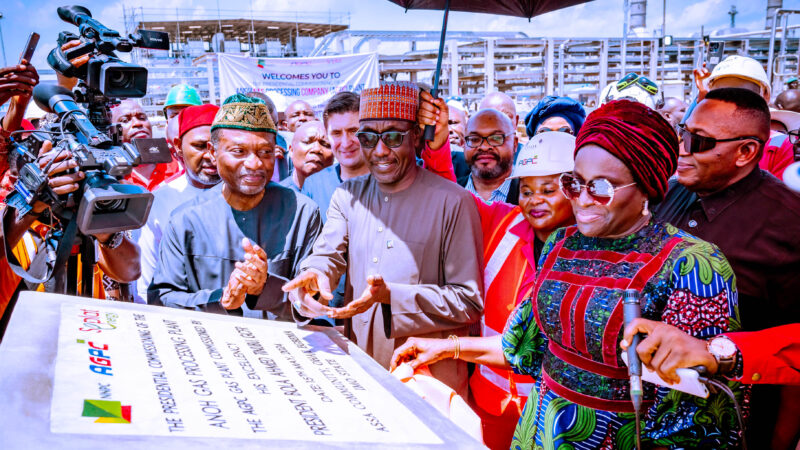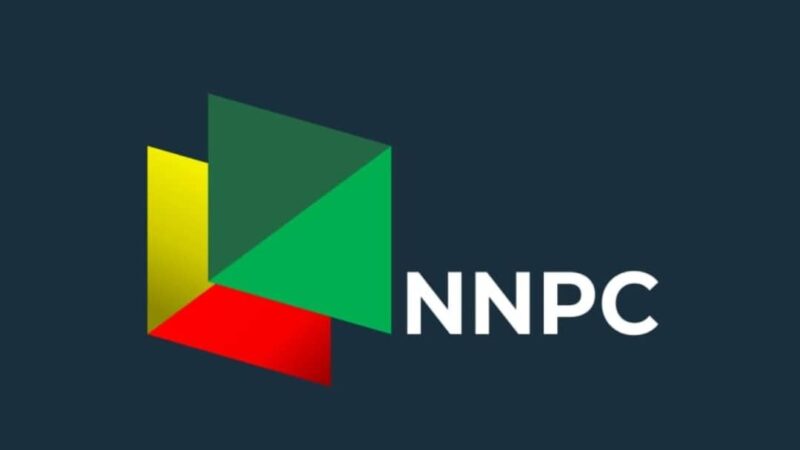Fuel Crisis: FG Should Insulate Economy From External Oil Shocks, Says Maduekwe

As Nigerians grapple with nation-wide energy crisis occasioned by scarcity of petroleum derivatives and the perennial collapse of the national grid, renowned energy expert, Monica Maduekwe has called on the Federal Government to put measures in place to insulate her citizens from external shocks from the international oil market, bearing in mind that Nigeria’s performance on energy security is low despite being energy rich.
Maduekweke, who is the co-founder of PUTTRU, a digital platform, which connects energy companies in Africa to global financiers, says this is necessary because the economic losses from high oil prices greatly outweighs the gains the country makes in terms of revenues.
According to her, “without being able to insulate her economy from the volatility of international energy prices, oil prices will continue to be both positive and negative for Nigeria. And, due to the high inflation issues which increased fuel prices lead to in Nigeria, we cannot call this a good thing for the average Nigerian. The only good here is that this spike in oil prices as a result of this crisis is seen as short term, especially as there are clear ways of remedying this issue at the global level. As at 10th of March, OPEC reported an oil price of $117.23, falling from $128.46 on 8th of March 2022. Moreover, at the 26th OPEC and non-OPEC Ministerial Meeting, held on 2nd of March 2022, the body reiterated the decision to limit production, until 30th of April 2022, when this position will be up for revision. While pump price increase has virtually affected the globe, however the impact on countries, have been different. Brazil’s Petrobras chose to increase its petrol prices locally for the company to be competitive and, thus, protect shareholders’ interest, and the increased price is still below the international price. The Chinese government has asked oil companies to suspend petrol exports in order to protect its domestic interest. So, while some countries (like Nigeria) are price takers, others are able to set prices at the domestic level, thus insulating their national economy from international issues.”
Maduekweke, who is the co-founder of PUTTRU, a digital platform, which connects energy companies in Africa to global financiers, says this is necessary because the economic losses from high oil prices greatly outweighs the gains the country makes in terms of revenues.
According to her, “without being able to insulate her economy from the volatility of international energy prices, oil prices will continue to be both positive and negative for Nigeria. And, due to the high inflation issues which increased fuel prices lead to in Nigeria, we cannot call this a good thing for the average Nigerian. The only good here is that this spike in oil prices as a result of this crisis is seen as short term, especially as there are clear ways of remedying this issue at the global level. As at 10th of March, OPEC reported an oil price of $117.23, falling from $128.46 on 8th of March 2022. Moreover, at the 26th OPEC and non-OPEC Ministerial Meeting, held on 2nd of March 2022, the body reiterated the decision to limit production, until 30th of April 2022, when this position will be up for revision. While pump price increase has virtually affected the globe, however the impact on countries, have been different. Brazil’s Petrobras chose to increase its petrol prices locally for the company to be competitive and, thus, protect shareholders’ interest, and the increased price is still below the international price. The Chinese government has asked oil companies to suspend petrol exports in order to protect its domestic interest. So, while some countries (like Nigeria) are price takers, others are able to set prices at the domestic level, thus insulating their national economy from international issues.”







